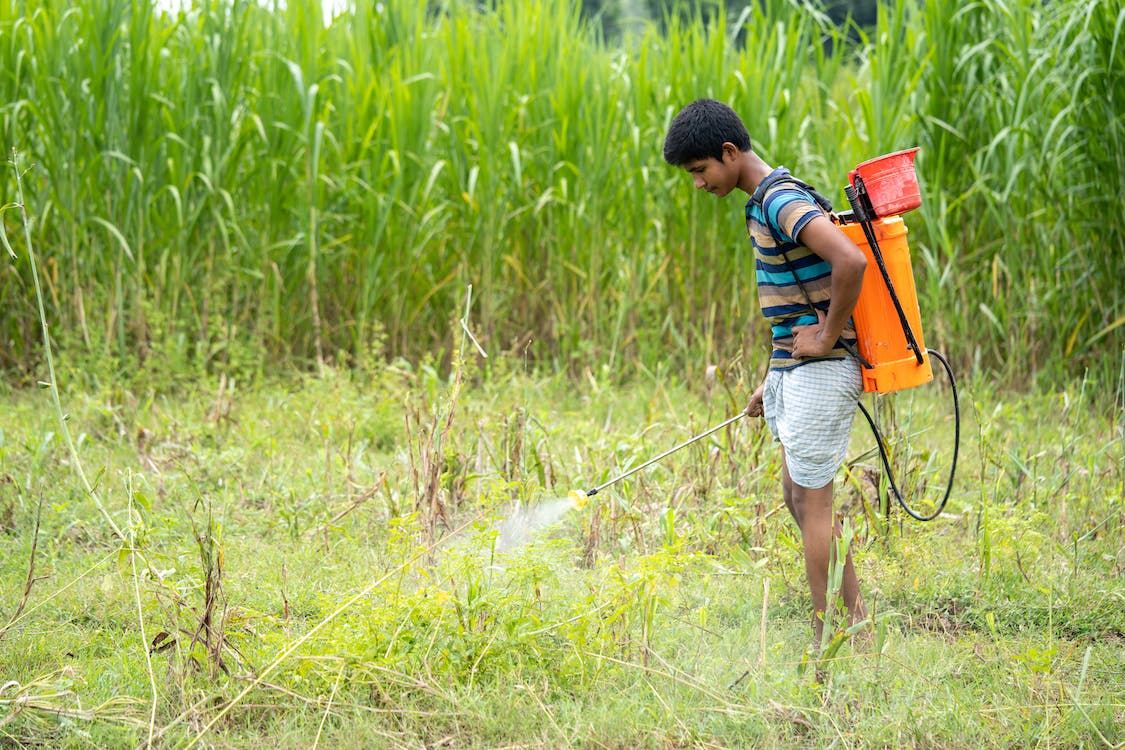Myth #1: Pesticides don’t impact human health.
Busted: Pesticides by nature are designed to harm and kill pests that infect plants. They are inherently harmful in nature and when consumed for long have been found to impact immune and nervous systems in both children and adults, putting cerebral and physical development at risk.
Myth #2: Low doses of pesticides pose little health problems
Busted: Many times small doses of medicines are cures for big ailments and administering them intermittently is considered good practice. Unfortunately, this doesn’t hold true for pesticides. It is not the low dose, but the compounds created when chemicals, pesticides, and insecticides are mixed, that can result in endocrine and hormonal fluctuations.
Myth #3: It is a foolproof solution with 100% effectiveness against insects and bugs.
Busted: Pesticides were popularized because of a chemical mixture called DDT that prevented humans from malaria, typhoid, and other diseases. However, DDT has recently been proven ineffective against the swarms of bugs that have grown immune to it and so has been banned in many regions all over the world.
Myth #4: Pesticides only impact the plant insects, not the farmers who grow the plants.
Busted: Pesticides pose higher health problems for those in the production line, making it unsafe for the farmers, factory officials, formulators, and sprayers who come in close contact with the chemicals.
Myth #5: Pesticides enhance soil health by making it insect-free.
Busted: The chemicals in pesticides cause adverse long-term impact to the quality of soil, often making the fields barren. They climb up the food chain and affect animals that are not directly consuming the crops. Rodents on the field eat the grain and are in turn eaten by larger birds or animals who also feel the repercussions of the chemicals. Furthermore, these chemicals infect water streams and affect the air quality as the soil gets washed off under taps or disperse into the air at the time of spraying.

